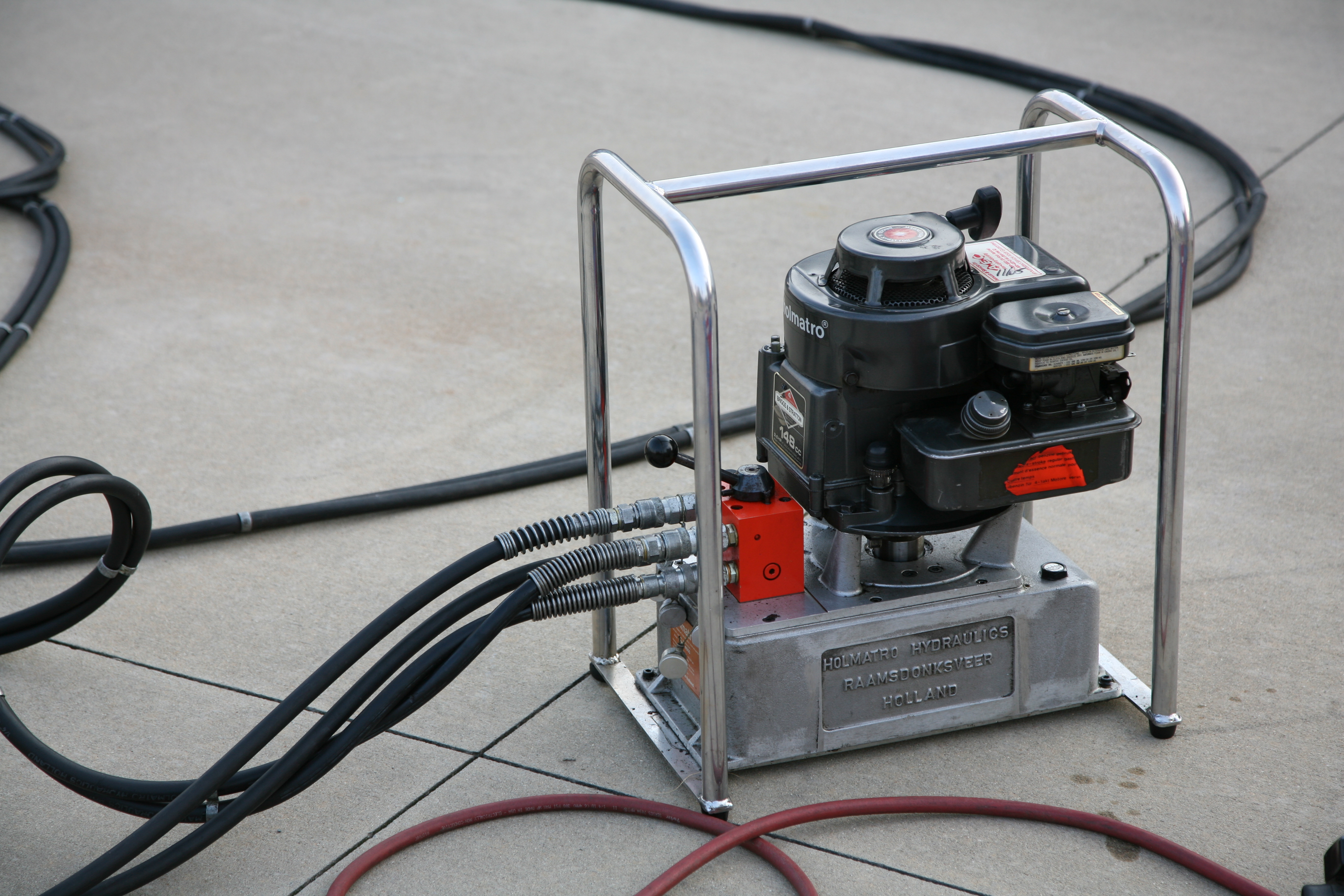Knowing the maximum temperature of hydraulic oil is important enough so that you can ensure that the hydraulic oil used is at a normal temperature. Hydraulic oil itself has a very important role in optimizing hydraulic performance. The engine certainly will not be able to work optimally and perfectly without hydraulic oil that supports its performance. Let's take a look at the maximum hydraulic oil temperature information along with some additional information that is important for you to know below!
Hydraulic Oil Type
Hydraulic oil actually consists of several types that have different qualities and specifications. Here is the full explanation.
1. Synthesis Oil
Oil that is blended specifically for operating conditions at cold and high temperatures is made by a chemical reaction triggering process using several materials with a predetermined composition. The aim is to make a planned mixture using a predictable reaction base.
2. Petroleum Oil
This type of oil will thin when the temperature increases and when the temperature drops, it will become thick. Leaks in seals and joints can occur if the thickness of the oil is too low. Meanwhile, a viscosity that is too high will make the engine operation feel heavy. This condition requires additional power to push oil into the system.
3. Fireproof Fluid
This is oil used in situations where there is a high risk of fire. For example, in underground mining, steel processing, and oil wells. The refractory fluid itself consists of three basic types, namely water-glycol (anti-flammable fluid), water-oil emulsion, and synthetic.
Also read: How Hydraulic Pumps Work
Difference between hydraulic oil and engine oil
For those of you who are curious about the difference between hydraulic oil and engine oil, consider the following explanation:
Machine oil
This oil, which is also known as engine oil, has a thickness stated in the Society Of Automotive Engineering or abbreviated as SAE. The greater the SAE number in engine oil, the greater the viscosity level. So, these engine oils are classified based on their thickness.
However, not only based on viscosity, engine oil is also classified based on its use and quality. While viscosity is stated by SAE, this classification based on use and quality is stated in API or the American Petroleum Institute. The sequence uses the alphabet from the letter A and so on. The calculation, the further away from A, the better engine oil.
Hydraulic Oil
Well, the difference between hydraulic oil and engine oil lies in its viscosity statement. Viscosity and classification of hydraulic oil is no different from engine oil, it's just that hydraulic oil is not stated in SAE numbers or API codes.
Despite having the same thickness and classification as engine oil, hydraulic oil is not used as engine oil. A simple example, the additive used by hydraulic oil is only ZDDP without EP additive, whereas currently automatic motors generally require EP additives. The difference will be felt more if the amount of additives used by hydraulic oil and engine oil are compared.
Also read: advantages and disadvantages of hydraulic systems
Hydraulic Oil Function
Utilizing a conductive medium in the form of a liquid fluid, the hydraulic system transfers power in an effort to obtain power greater than the initial power issued. The several functions of hydraulic oil include:
1. Because it is easy to flow, hydraulic oil is used as a medium for power transmission.
2. Hydraulic oil is also used to help all components in the engine move because it is able to lubricate.
3. As a seal for various parts that are under pressure.
4. Through its circulation, hydraulic oil is able to cool various components in the engine.
Also read: How to Read Oil Analysis Results
Maximum Temperature of Hydraulic Oil
Regarding the maximum temperature of hydraulic oil, generally the oil temperature in a hydraulic system construction machine is controlled at a temperature of 30 to 60 degrees Celsius. Meanwhile, to the maximum, the hydraulic oil temperature should not exceed 60 to 70 degrees Celsius. Hydraulic oil has the highest efficiency limit at this temperature level. If it is too high, the hydraulic oil temperature can cause poor hydraulic performance and may even cause it to fail.
Is the information about the maximum temperature of hydraulic oil above clear enough? Make sure the hydraulic oil temperature does not exceed the limits stated above so that its performance can run properly and optimally. In addition, you can also use Hyprowira's athalon filters which have high resistance to system pressures such as cyclic flow and dirt loading. Hopefully the information about the maximum temperature of hydraulic oil above can be useful!





